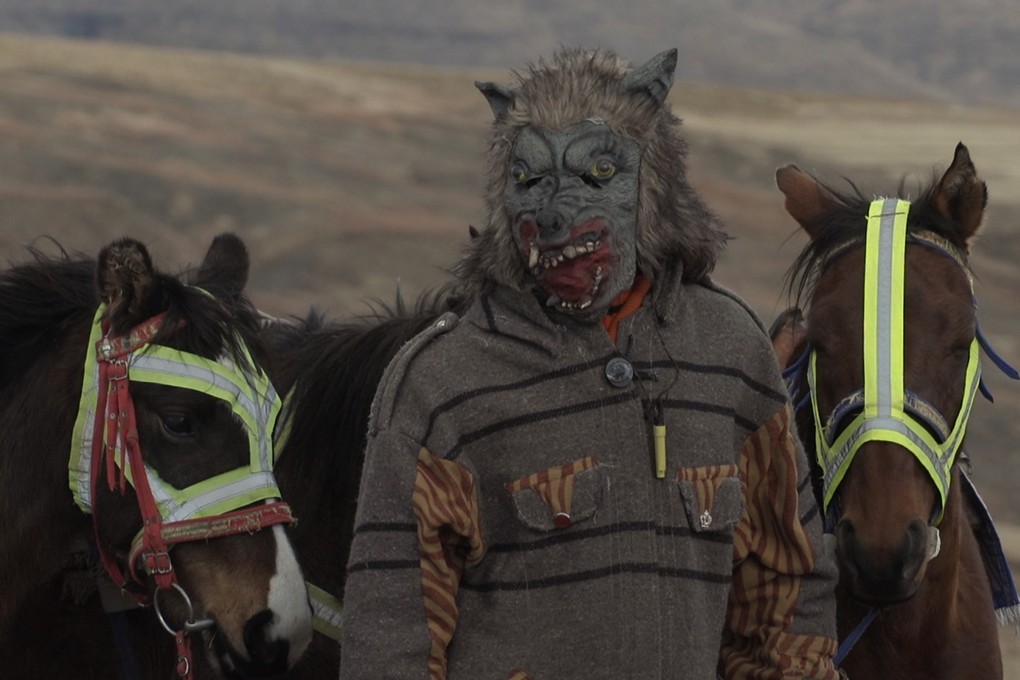The Projector | Documentary takes unflinching look at Chinese migrants’ impact on Lesotho, one of Africa’s poorest countries
- Teboho Edkins’ Days of Cannibalism looks like a Western, but these frontier spaces are settled by Chinese ‘pioneers’
- An atmosphere of lawlessness prevails and racism blossoms as an indigenous culture comes under threat

Horsemen, cattle, natives, settlers – Teboho Edkins’ Days of Cannibalism has all the trappings of a traditional cowboy flick. Except that it is set in rural Lesotho, one of the poorest countries in Africa, and instead of white men riding into town, we have Chinese migrants arriving, ready to snap up land and open grocery stores with money amassed back home.
“I always wanted the story to look like a Western – because it’s about frontier spaces,” Edkins recently told me in Berlin, where the documentary unspooled at the German capital’s annual film festival. “There are new settlers, and there are conflicts [with the locals] – and the whole rule of law before this new civilisation came has been thrown into question because of the economic power of these ‘pioneers’. It’s a state of lawlessness, which is what Westerns are about.”
Days is hardly a celebration of audacious adventurers seeking a brave new world. The tribulations and conflicts in Edkins’ film are much more personal and complex. The director, who grew up in Lesotho as a result of his anti-apartheid activist father’s exile from South Africa, was drawn to this issue while visiting China during a six-month stay in Hong Kong in 2013. He heard stories of African merchants living in Guangzhou, and went to the city to explore the phenomenon.
“I thought if this is happening [in China], the opposite might be happening in Lesotho – it might be interesting to tell a story that counterbalances what I saw in China,” he recalls.
The resulting film is filled with the nuances of this clash of cultures. It explores the discontent head on, with on-screen sentiments sometimes brimming with what Edkins describes as “racism, pure and simple”. Locals refer to the Chinese as “cunning” and “aliens” seeking to take over the country.
On the flip side, the Chinese and their gun-toting guards are seen frisking their African employees as they clock off work. Chinese entrepreneurs talk about their master plans as they survey the land from the top of a building: let’s raze this neighbourhood and build malls, they say. Elsewhere, two Basotho men are tried for stealing cattle to sell to the Chinese for their feasts – a crime beyond the cultural pale in Lesotho, where cows are considered “gods with white noses”.
